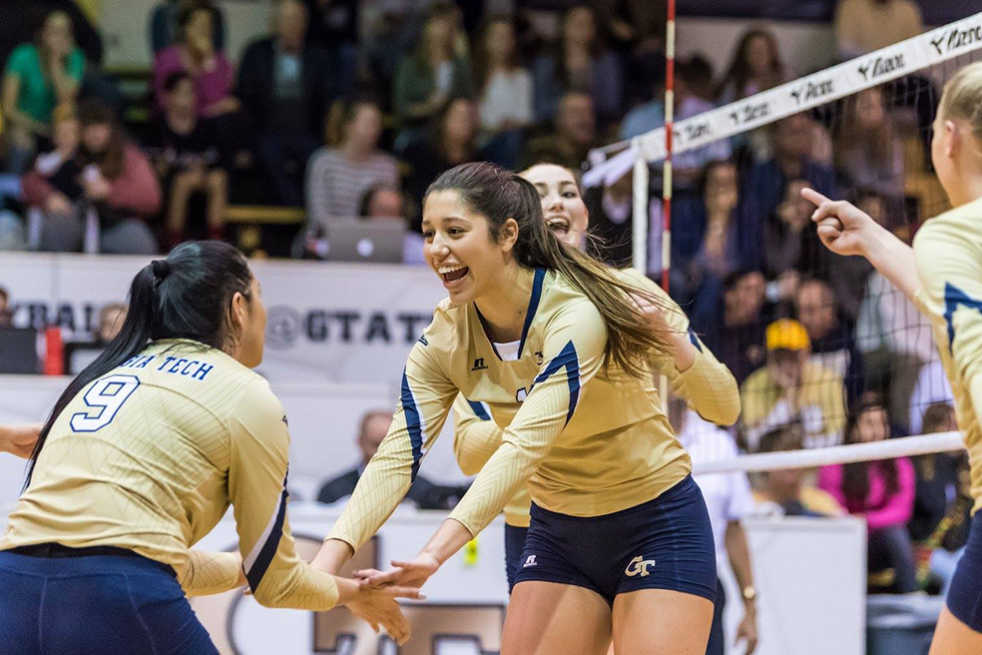Whether it is from the couch when watching on TV or in the stands taking in the game live, we love to cheer on and support our favorite athletes while they compete to bring home their victories. Do these athletes, however, get enough credit for what they do off the field or court?
Athletes, whether they be professional, collegiate or otherwise, are in the spotlight of American culture and therefore have direct influence over the rest of the community who supports them. People naturally look up to athletes; it is hard not to admire their work ethic and competitiveness to perform at the very highest level in their sport. This admiration often turns to emulation. Many people take on qualities of their favorite athletes. For example, when a big name athlete such as Houston Texans defensive end J.J. Watt spends so much of his free time working for his community and raising millions of dollars for hurricane relief efforts, millions of kids in Houston and around the country who look up to him develop a sense of importance for community work and service. Likewise, athletes’ actions can have a negative effect on their fan base and leave a bad impression. When an athlete is found to have tested positive for drugs, for example, people who look up to them and who already respected them are prone to think of drugs as acceptable.
Therefore, with the spotlight resulting from being a successful athlete comes the responsibility of maintaining a positive image and using that attention from the media and fans positively. Thankfully, most athletes recognize their influence on fans and channel it in a positive direction, which is key in empowering fans to follow in these athletes’ footsteps of exuding positive values and caring about their community.
An athlete does not have to be a professional superstar to make an impact, though. Tech athletes serve as role models to all of us here on campus and others in our community. On Jan. 12, the Tech women’s volleyball team’s members served as grand marshals of the 2018 Georgia Special Olympics Indoor Winter Games, beginning the opening ceremony at Cobb Civic Center. They not only served as role models for all of the participating athletes in these Olympics, but for the rest of the community as well with their genuine drive to serve the community. This is a recent and important example of Tech athletes serving as powerful role models for members of the community, and it is one of many examples of this type of work done to make genuine improvements to the lives of others.
It is incredibly admirable that on top of the hours of strenuous physical practice Tech athletes go through to train, they incorporate the grueling coursework that every Tech student takes as well as community outreach to make a positive impact on those around them. We, as students, can take a lot away from the success of these student-athletes at Tech, such as the value of a strong work ethic, dedication and time management skills. Seeing fellow students work as hard as student-athletes do encourages the rest of the student body that with the proper mindset, attaining success in college is possible, even if not always easy.
When they graduate, many student-athletes will pursue a career in something other than their sport. Until then, they have a unique platform to pursue change.
There is a lot to look up to when it comes to athletes (both literally and figuratively), so the next time you see one walking on Skiles or in one of your classes, make sure you appreciate them as not only someone who plays with a Jackets jersey, but as a powerful role model in the community.
